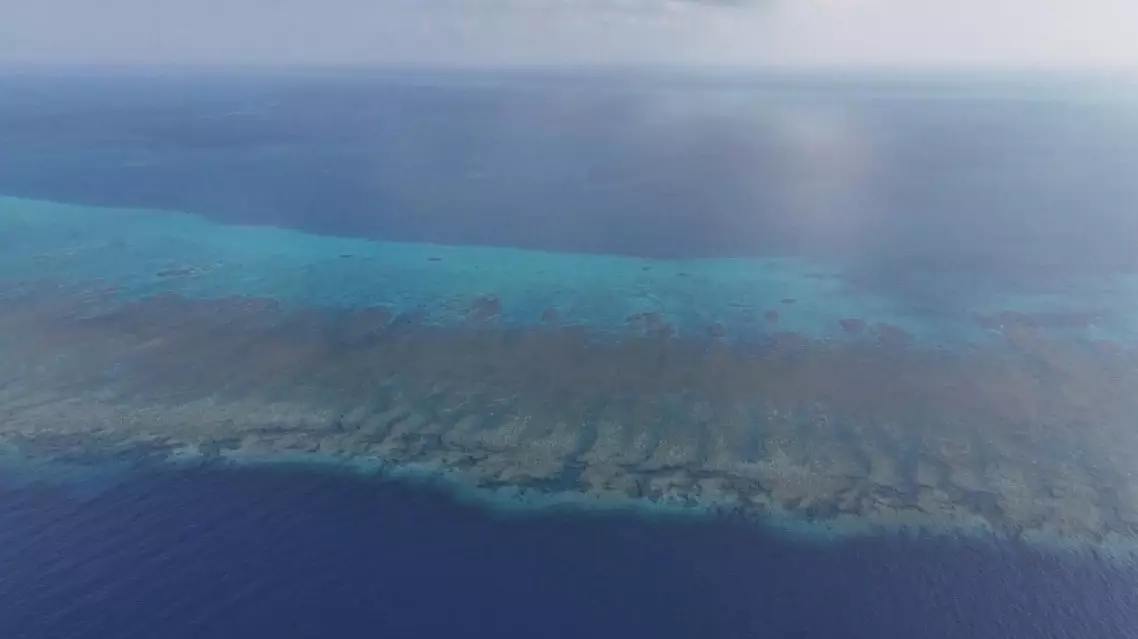The so-called South China Sea arbitration will not work in solving the disputes in the region, said experts, emphasizing that China's sovereignty and rights in the South China Sea are backed by an absolute legal basis.
The statement came against the backdrop that the Philippines has been using the so-called arbitration to escalate its provocative actions in the region recently.
In 2016, the so-called South China Sea Arbitration Tribunal issued an award in an attempt to deny China's territorial sovereignty and its legitimate maritime rights and interests in the South China Sea. The Chinese government immediately stated its objection to the arbitration and refused to recognize the award.
China's sovereignty and rights in the South China Sea were established in the long course of history. China is the first to have discovered, named and exploited the South China Sea Islands and relevant waters, and the first to have continuously, peacefully and effectively exercised sovereignty and jurisdiction over them. The Chinese people's activities in the South China Sea date back more than 2,000 years ago.
These facts are well noted in many books on ancient Chinese history by non-Chinese authors, such as "China Sea Guide" issued by the British Admiralty in 1868, "Navigation in Asia" issued by the U.S. Naval Hydrographic Office in 1925, "Painted Colonial World" magazine published in France in 1933, and "Island of Storms" published by Japan in 1940.
After World War II, China, in accordance with the Cairo Declaration and the Potsdam Proclamation, recovered the South China Sea islands illegally occupied by Japan. This constituted an important part of the post-World War II international order.
In 1948, China published an official map on which the dotted line is marked, reaffirming China's sovereignty over the South China Sea Islands and their adjacent waters, as well as relevant maritime rights and interests.
In 1950s and 1960s, the United States repeatedly filed applications to China, the authority governing the South China Sea Islands, for surveying there.
Official maps published by Japan and other countries also marked the South China Sea Islands as belonging to China.
"China does not accept arbitration because we consistently maintain that we have an absolute legal basis for sovereignty over the islands and adjacent waters, as well as jurisdiction over the waters," said Yang Xiao, deputy director of the Institute of Maritime Strategy Studies at the China Institutes of Contemporary International Relations.
Mark Hoskin, a lecturer in international maritime law at China Foreign Affairs University, emphasized that the so-called arbitration will never help solve the South China Sea issue, which many experts believe can only be resolved through diplomacy and dialogue.
"I don't think arbitration would necessarily work. Looking at the whole body of the international law and Chinese domestic law, as well, other states have accepted as factual and reasonable over the time, would be the best way to resolve this. That would be a long-term and very difficult thing to do," said Hoskin.

So-called South China Sea arbitration will not work in solving disputes: experts









